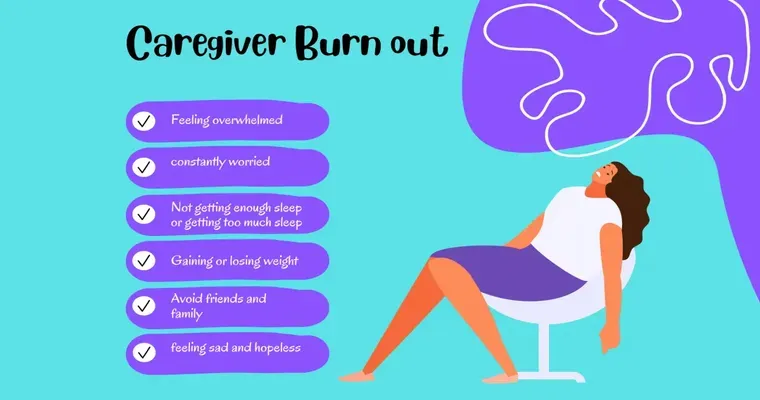Choosing the right "care facility" for your loved one is a profoundly important decision, and it can be disheartening if you begin to feel that the "assisted living" or "nursing home" you selected is not providing the level of care you expected. Understanding how long to wait before concluding that a facility is not a good fit can help you navigate this challenging situation. Several factors can guide your decision-making process, from observing the quality of care to evaluating the emotional well-being of your loved one.
Initially, it is essential to establish a baseline of expectations. After the first few weeks of your loved one’s stay, you should begin to assess how well the facility meets their needs. During this time, pay close attention to the "staff interactions" with residents. Are they polite, attentive, and responsive? An environment where staff members genuinely care about the residents can significantly enhance your loved one’s experience.
As you continue to observe the facility, it is crucial to monitor the "physical conditions" and overall cleanliness of the environment. A well-maintained facility will not only provide a comfortable living space but also contribute to the health and safety of your loved one. If you notice consistent neglect, such as unclean common areas or poor maintenance of resident rooms, it may be a red flag.
In addition to observing the facility itself, you should also consider how your loved one is adjusting to their new environment. Are they becoming more social or engaged with activities? Are they expressing happiness or contentment? Emotional well-being is just as important as physical care. If your loved one seems withdrawn, unhappy, or frequently complains about their care, it may indicate that the facility is not meeting their needs.
Typically, it is advisable to give a facility at least "30 to 60 days" before making a definitive judgment. This period allows your loved one to acclimate to their new surroundings and gives the staff enough time to establish a routine. However, if you notice significant issues—such as lack of attention to care needs, poor hygiene, or negative emotional impacts—early intervention may be necessary.
Communication with the staff is also key during this evaluation period. Regularly discussing your concerns and seeking feedback can provide insight into how well your loved one is being cared for. A responsive staff that values communication will often reflect a higher standard of care.
Ultimately, if after 60 days you find that your loved one remains unhappy or if the facility fails to address any concerns you have raised, it may be time to consider alternative options. Trusting your instincts as a caregiver is vital. If you feel uneasy about the care your loved one is receiving, it is worthwhile to explore other facilities that may provide a better fit.
In conclusion, while it is essential to give a new "care facility" time to demonstrate its quality of service, remaining vigilant and proactive in observing both the environment and your loved one's emotional state is equally important. By being attentive to these factors and communicating openly with the staff, you can make an informed decision about whether the facility is indeed the right choice for your loved one.





